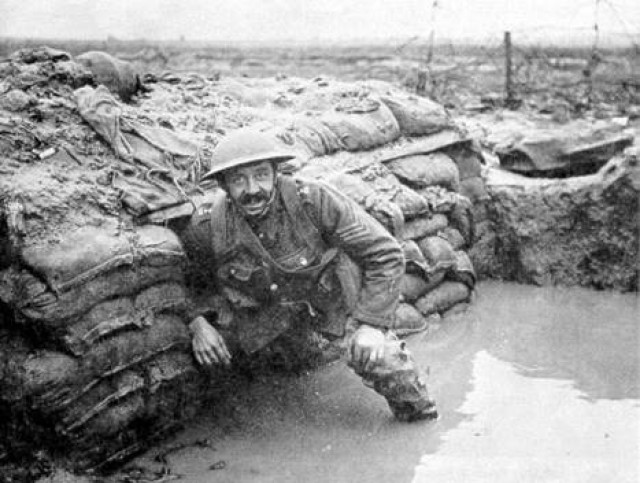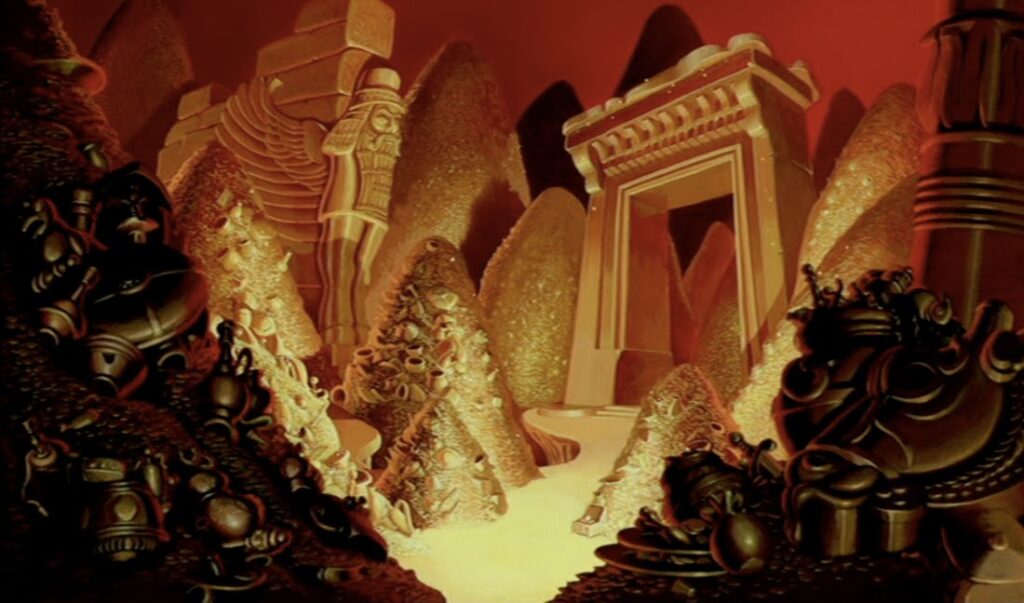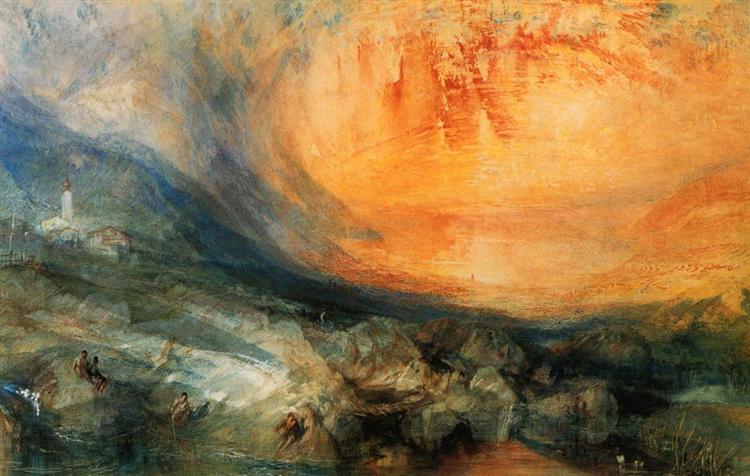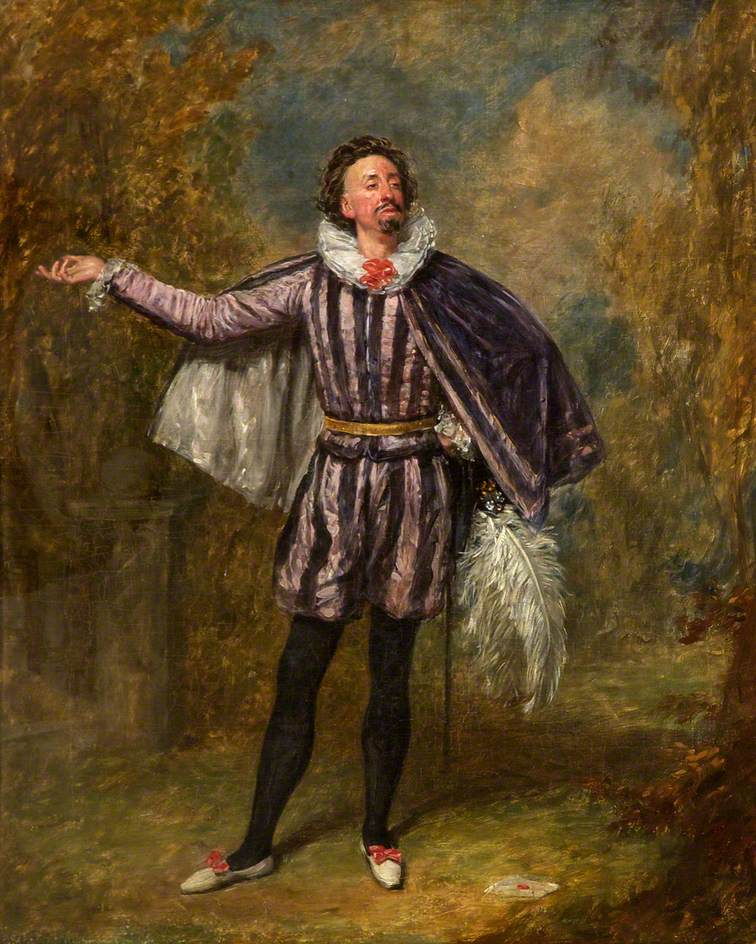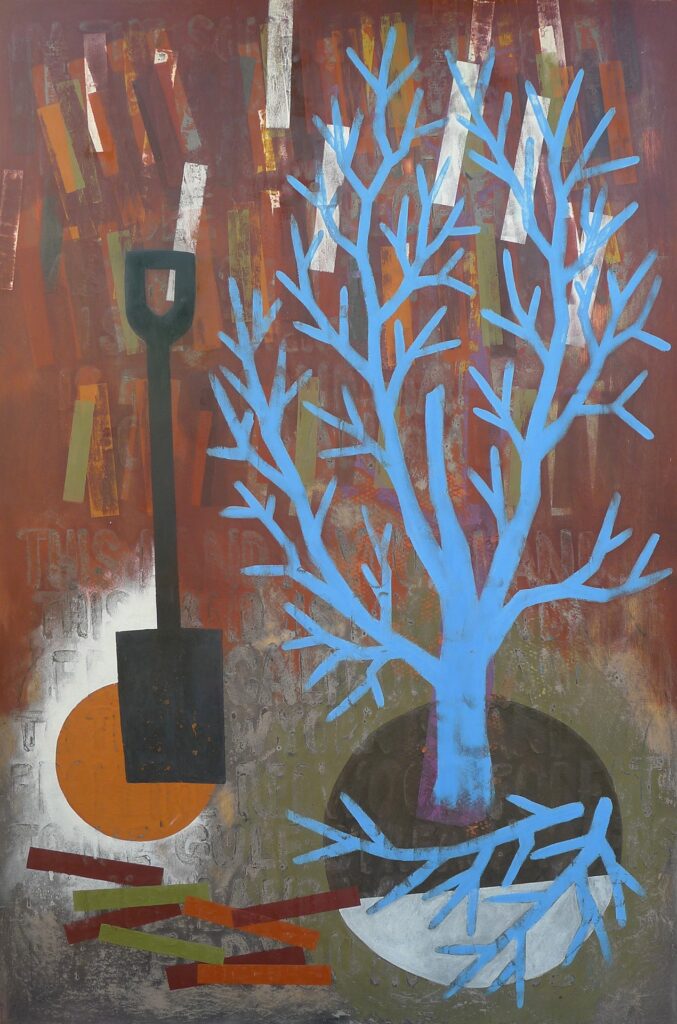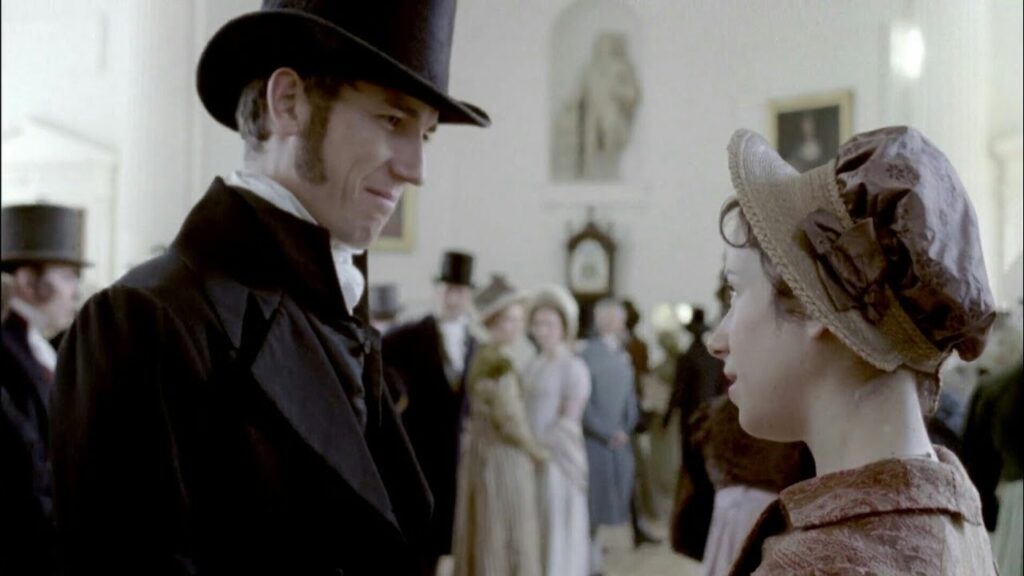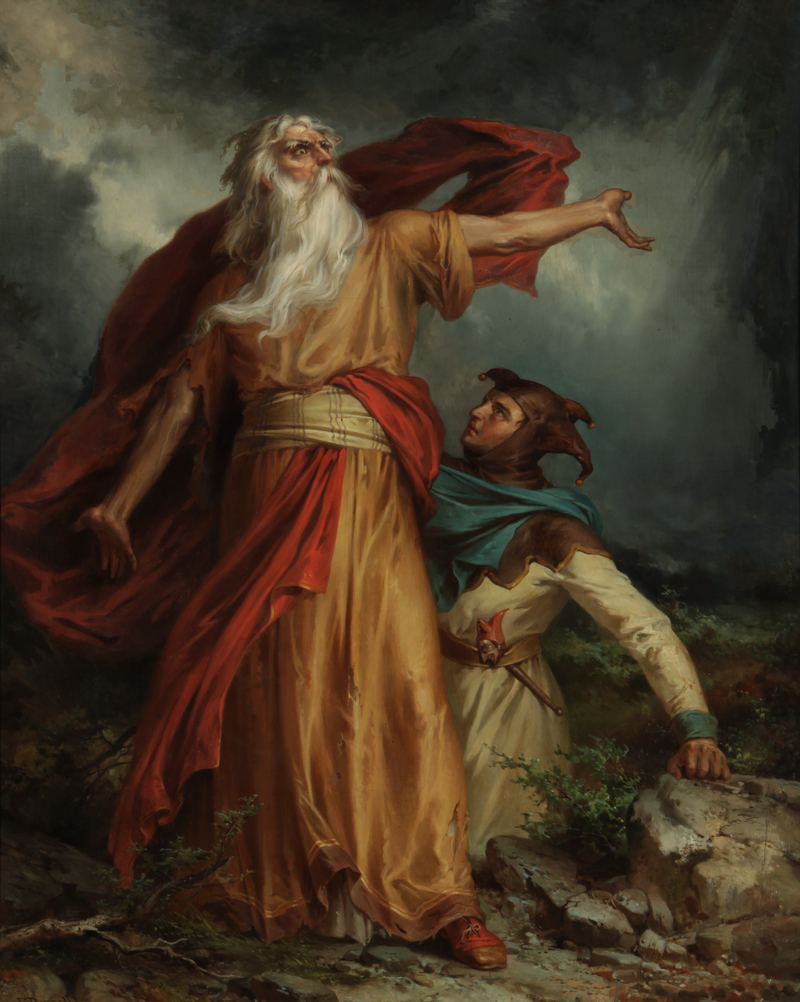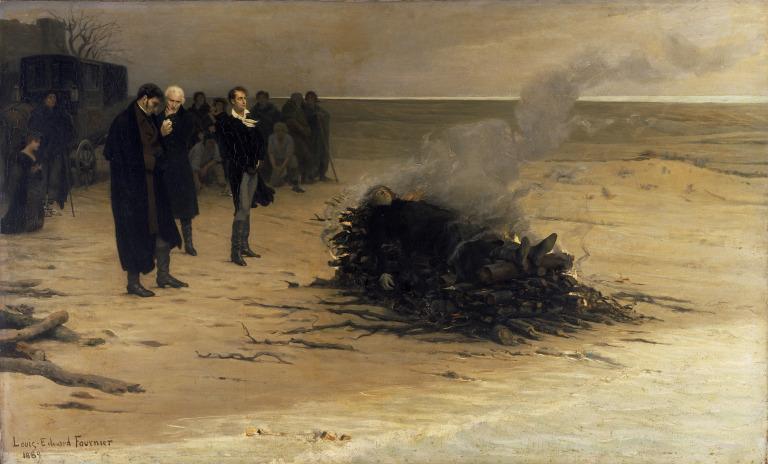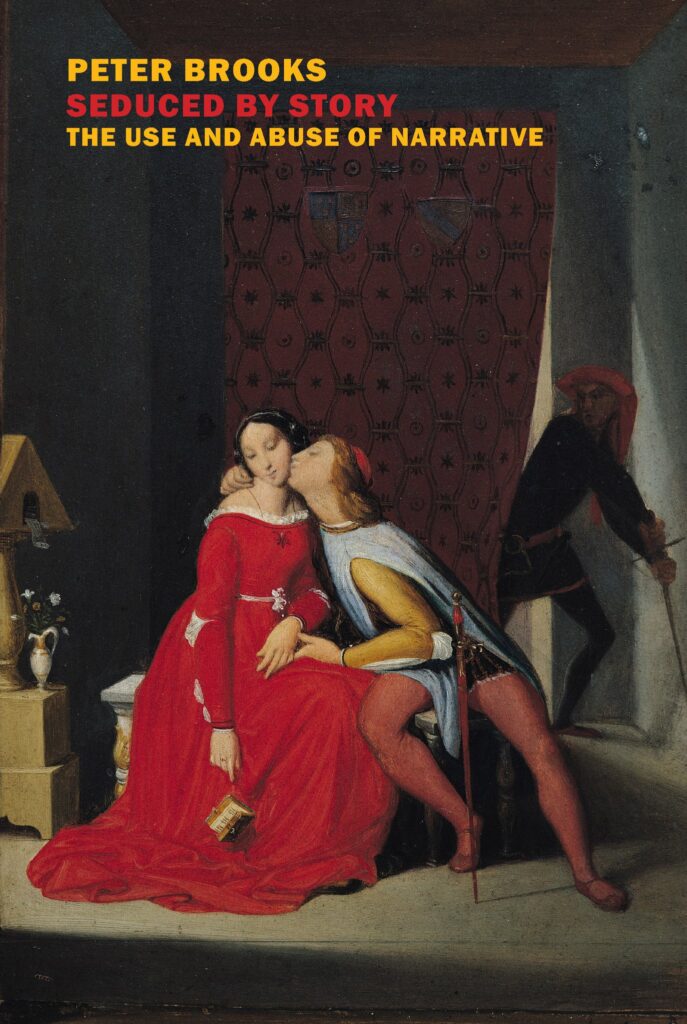Thursday
I’ve just become aware of a new book by theorist Peter Brooks that sounds very much up my line: Seduced by Story: The Use and Abuse of Narrative. I grapple with some of these issues in my own book.
Years ago I was much influenced by Brooks’s Reading for the Plot: Design and Intention in Narrative, borrowing from his idea (derived from Sigmund Freud’s Beyond the Pleasure Principle) that fiction is a desire machine. By this he means that, for various psychological reasons that I won’t go into here, novels simultaneously feed and frustrate our desire for closure. Brooks observes that the authors can’t give us the ending we crave too early because then there is no story. Therefore, they deliberately plant obstacles in our way, providing for an agonizing delight (or, if you prefer, a delightful agony). The frequent result is that, when we reach the end, we feel let down by the promised ending, which doesn’t live up to the satisfaction that has been promised.
As I recall, one of the novels Brooks chooses is Balzac’s Peau de Chagrin (Wild Ass’s Skin) in which a magical pelt grants the protagonist everything he wishes for—only, in so doing, it also consumes his life energy so that, when it shrinks to nothing, he will die. In an attempt to prolong his life—the way, perhaps, that a reader tries to prolong a pleasurable reading experience— Valentin tries to refrain from wishing. Or in the case of the reader, from reaching the end of the book.
Brooks’s deep dive into the workings of narrative has now led, decades later, to his analysis of the role narrative is playing in our modern lives. According to a review by Caterina Domengheni in The Los Angeles Review of Books, which is providing me an account of Brooks’s book, it is therefore timely. After all, as she notes,
Seduced by Story: The Use and Abuse of Narrative is a succinct account of narrative persuasion, offering a solid case for the ambivalent power that stories can have in shaping us as individuals and nations. It’s the same old story: from Winston Churchill’s “We shall fight on the beaches” to Volodymyr Zelensky’s “I need ammunition, not a ride,” we largely continue to hope and live by the narratives we read, listen to, and are fed. These tales stay with us, bring us together. But they can also divide us and, most detrimentally, deceive us. If narrative stands as the dominant mode of representing and interpreting reality, it has become increasingly difficult to distinguish between the two. Seduced by Story provides an antidote and a corrective for some of the bad reading habits we have.
Domenghini adds,
What partly generates the confusion between useful stories and dangerous myths, Brooks warns us, is that narrative now permeates every aspect of our daily lives. Storytelling as a means of communication has taken over nearly every field of knowledge, from politics to medicine, from corporate branding to new media. We find it on the back of our cereal boxes and among the features of Snapchat and Instagram. Whatever product we may be interested in, the selling company will take pains to tell us why their story is the one that truly matters.
Indeed Domenghini (as she openly admits) begins her own review with a story about the danger of stories. Or at least, of the danger that Ukrainian poet and writer Oksana Zabuzhko sees in some of Russia’s great storytellers, including Tolstoy, Turgenev, and Dostoevsky. Zabuzhko’s thesis is so interesting in and of itself that I share Domenghini’s account of it. In “No Guilty People in the World?”, which as Domenghini notes is a reprise of a 1909 Tolstoy short story, Zabuzhko
makes a claim that sounds both rageful and cynical: “Russian literature has, for 200 years, painted a picture of the world in which the criminal is to be pitied, not condemned.” Think of Gerasim, Zabuzhko urges us with boundless irony, the mute serf who kills his dear puppy Mumu under the orders of his lady owner; or of Raskolnikov, the former law student who murders the pawnbroker Alyona Ivanovna for no apparent reason. What pity Turgenev and Dostoevsky felt for such poor souls! What a cruel fate! How many wrong steps taken, how much agony borne! And yet, Zabuzhko continues, the Gerasims and Raskolnikovs of yesterday are the flesh-and-bone Russians of today — the very same military men who “raped an eleven-year-old boy and tied his mother to a chair so she could watch,” and the very same ordinary citizens who, once trained by their teachers to sympathize with Gerasim and feel hatred for the lady, are now ready to condemn Putin but acquit the soldiers “sent to Ukraine to massacre much more than puppies.”
Domenghini accuses Russia of having confused these stories with reality:
Perhaps some of these lives could have been spared, Zabuzhko suggests with bitterness, if Europe had ceased earlier to believe the naïve fable that Russia has been recounting for a while: that their state and their literature are not the same thing, that their bookshelves have nothing to do with the debasement of their people. The Ukrainian author concludes with a wish and a warning: “[T]he road for bombs and tanks has always been paved by books, and we are now first-hand witnesses to how the fate of millions can be decided by our reading choices.” The Russians have taken their stories too literally; the West has fallen into their trap of inurement. And here we are. What are we going to do now?
We have only to look at those QAnon cultists who deny Donald Trump lost the 2020 election, especially those who have gone on to (among other things) storm the Capitol and attack Nancy Pelosi’s husband, to see the damage that comes with confusing fiction with reality.
Many great authors have tackled this problem head on, from Plato in The Republic to Dante in the story of Paulo and Francesca (in The Inferno) to Cervantes in Don Quixote to Jane Austen in Northanger Abbey to Gustave Flaubert in Madame Bovary. Brooks’s solution sounds like theirs—which is that we must become discriminating readers:
The fundamental condition is that we indulge in the fiction while knowing it is fictional — a game of make-believe, what Schiller called Spieltrieb. Narrative won’t solve all your problems or put order in your life or head, Brooks reminds us. But if we read analytically, it remains a powerful cognitive tool that makes us more alert to our sources of information and their reliability; it is essential to perceiving ourselves in time, to making sense of death, and to feeling more sympathetically as we assimilate other characters’ lives to our own.
Domenghini’s major criticism of Brooks’s book is that he doesn’t do enough with how to respond to the contemporary “storification of reality.” Her answer is more and better education:
Our capacity to distinguish fiction from reality depends on our critical reasoning, and our capacity for critical reasoning largely depends on the educational institutions responsible for training us in that kind of thinking.
She then asks what would happen if the Russians mentioned by the Ukrainian Zabuzhko had applied critical reasoning to their revered texts:
If the Russian pupils in Zabuzhko’s recollection had been taught to read Dostoevsky analytically, they would now appreciate him also as an author capable of fervent criticism against the regime and social conditions of his time. The Russian theorist Mikhail Bakhtin, from whom Brooks borrows the concept of “dialogism,” saw in Dostoevsky’s novels a positive example of polyphony — a plurality of genuinely independent voices, each with their own perspective, who achieve a better understanding of themselves by interacting with one another, instead of imposing a totalitarian and totalizing vision of the truth.
This feels right to me. Any Russians who see the axe murder in Crime and Punishment or the accounts of child abuse in Brothers Karamazov as justifying their Ukrainian atrocities is not reading very deeply. In fact, when it comes to reading materials, today’s barbaric Russians are far more likely to be reading potboilers than classics. As Klaus Theweleit reveals in his important study Male Fantasies: Women, Floods, Bodies, History, fascists following World War I were great readers of shallow war stories filled with vengeful resentment and maudlin self-pity. They fantasized about mauling and raping Bolshevik Jewish riflewomen rather than anything more nuanced.
To be sure, sometimes fascists will point to their literary greats as a sign of national superiority. Putin, for instance, recently quoted from Dostoyevsky’s Demons to do so. But according to Tom Nichols of The Atlantic, to whom I owe this story, Putin revealingly added, “These were great thinkers and, frankly, I am grateful to my aides for finding these quotes.”
In other words, as Nichols sarcastically summed up Russia’s dictator, “Culture is important, but who has time to read those books?” That Putin uses Dostoevsky as a club is not the same thing as engaging with him.
